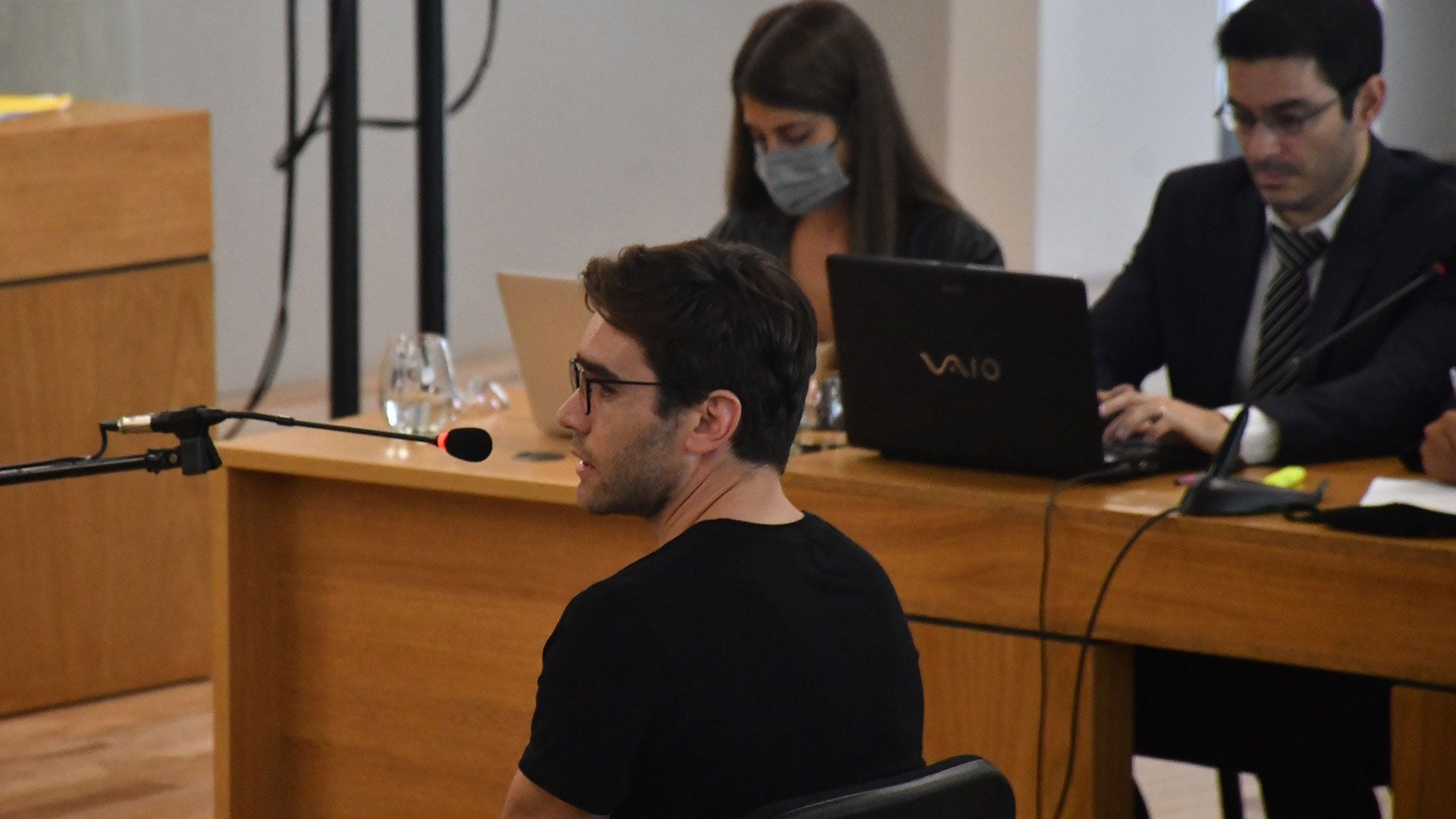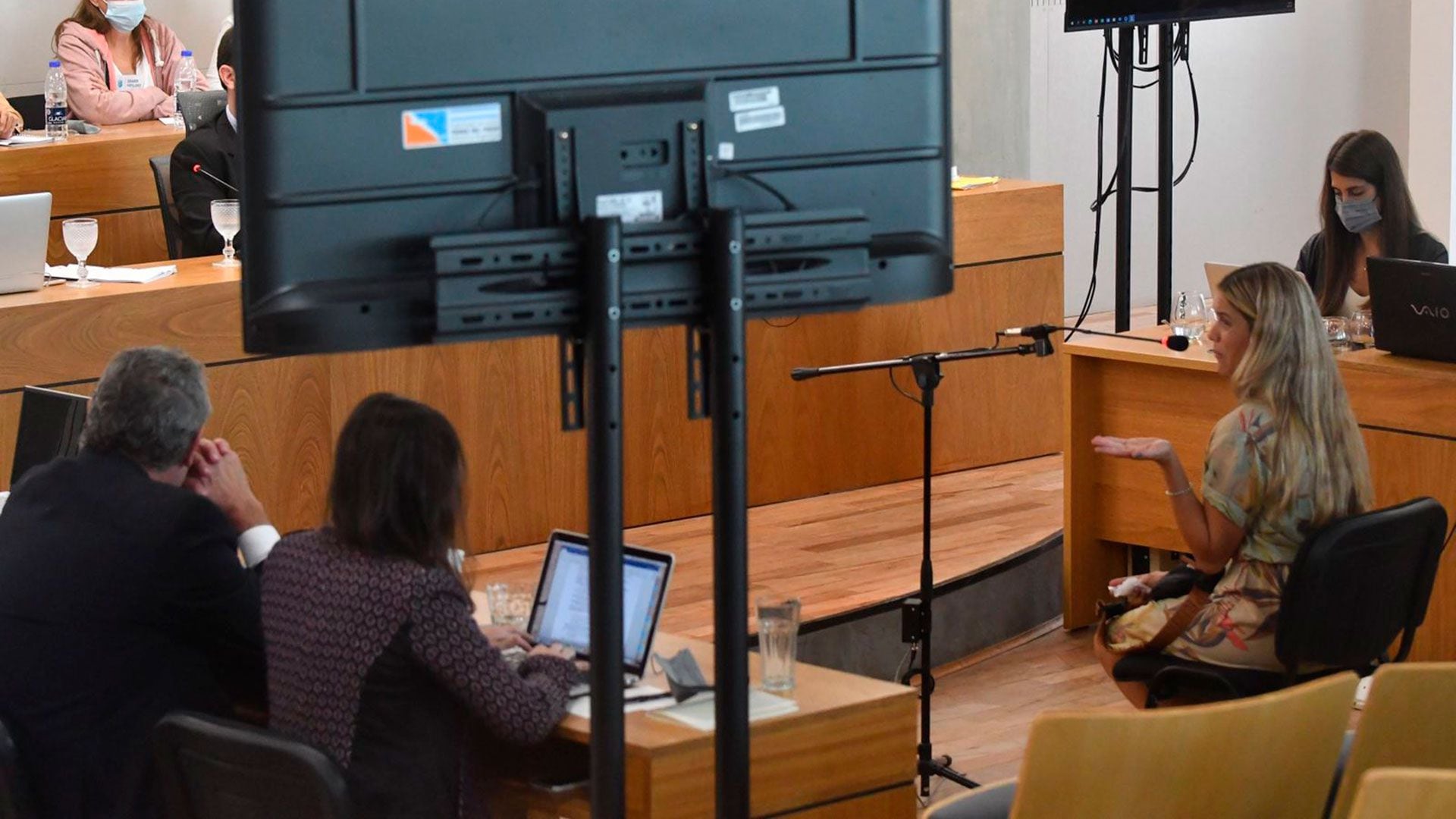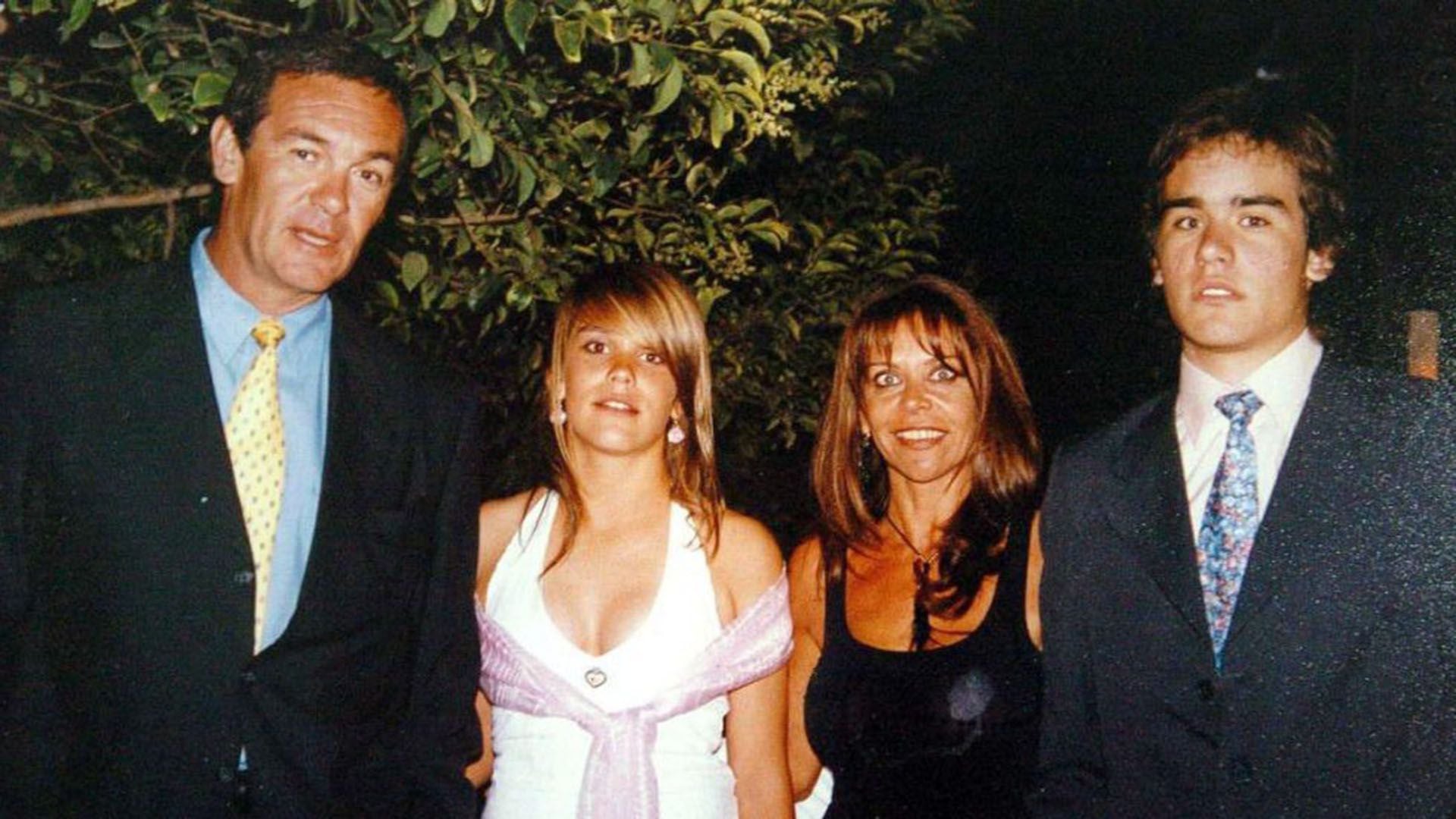
For three months, the popular juries that make up the trial of the widower Marcelo Macarrón for the murder of Nora Dalmasso in the Rio Cuarto Court they'll have a kind of secret life, like being in a series of detectives who have to solve an impossible case. But this is serious. For starters, there are rules.
They should not read newspapers or social media, talk to their coworkers, let alone tune in to news channels. When they leave the courts, they return to their offices. Among them are two rural labourers, an insurance producer, a hairdresser, a beautician, a metallurgical employee, the owner of an SME, a student of biological sciences, a domestic worker, two housewives, a paramedic, a psychology student, three merchants, two unemployed. No media will be able to publish their names, show their faces or interview them.
There was a squad of 16 alternates to replace them. Since Thursday, there were 15. On Thursday, when he went out to smoke a cigarette, a popular jury, Luis Moressi, came across Facundo Macarrón, who was declaring that day, greeted him and gave him a role on behalf of a relative (it would be his mother), who met him in Córdoba. The message was supportive. Thus, he incurred an infringement and was removed. He offered his apology.
“I was wrong, but it was more naivete than anything else. Above all, I had a nice experience. During these days I didn't watch networks or television. We all know the Dalmasso case for all these years, but it is important not to be contaminated now by what is being said, with the interpretation of journalism. I give an example: if a note appears stating that Macarrón was the front man of a politician, no matter how false it is, a popular jury can be influenced,” Moressi told Infobae.

He also told the process of how he became a popular jury after being selected from the electoral roll. Then, he passed a drawing and an interview in which they asked him daily life, if he knows any of those involved and their working hours.
“They give you an informative talk and a small notebook where they specify duties and functions. It is intended that you be part of the process and act without prejudice, with objectivity, impartiality, common sense and based on evidence rather than on sayings,” he clarified.
“It's tedious to spend so many hours in an audience. And beyond the fact that it is a great burden to decide whether someone is guilty or innocent, to reach the decision you have to be sure. No doubt. And for that, the development of the trial and deliberation with the other jurors is important. We must pay close attention to what is said and shown. That involves a lot of tension. But I must say that there are friendly and attentive people in the office where we were selected. It's a great atmosphere and they make you feel comfortable and confident,” he continued.
The selection was not easy and took many hours of work and interviews. In August 2021, 13 thousand people from all over the province (listed on the register) were shortlisted, who received a summons by mail and email informing them about the draw. After a series of pre-elections in December, a register was formed with 4,000 people. Then there were 60 (30 women and 30 men) and the final filter left eight starters and 16 substitutes.

Juries are warned not to be impacted by the emotions of the defendants or witnesses to the complaint. What is worth is the evidence. For example, in the jury trial against Fernando Farré, the femicide read a letter to his children and sought to move.
Marcelo Macarrón wanted to be tried by a popular jury. He said he did not believe in part in justice, especially in the investigating prosecutors who went through the case. “Juries have equal rights and obligations. And they must, above all else, have impartiality. They take civil responsibility and an oath before the Court of Justice,” said Gonzalo Romero, the coordinator of Jury Trials throughout the province of Córdoba
Alternates may not deliberate, but they can replace a titular jury during one of the hearings. Not accepting to be a jury is a public charge. Many of the jurors have changed their schedules or requested licenses. Each jury charges 1800 pesos per hour of hearing, not counting the cost of transfers. In this case, everyone had to have a residence of more than five years in Córdoba, have no criminal record, file an affidavit and be between 25 and 65 years old. Unlike other places, they don't stay in hotels. Therefore, there is no way to control whether they watch the news or the newspapers or if they talk to people who should not speak. That person's oath is trusted. If it is not complied with, he would commit an administrative offense.
There are codes. Each jury must dress formally. It may not be a suit, but it may not be muscular or sandals. They can talk to each other, but it is advised that they do so only in deliberation. They cannot have links with the victim, the accused or the prosecutor. Neither should they be lawyers, of the security forces or hold public office by popular election. In the Dalmasso case, there were at least two challenges. It was a patient of Macarrón and a doctor who knew him.

“The important thing is that unlike other processes like this, it is that in our case popular juries are asked to substantiate their vote. The decision of the verdict is in the hands of the eight juries and two technical judges. The president of the Tribunal does not vote but decides the sentence,” said a judicial source. In the debate between the jurors, as a kind of overseer, the Registrar of the Court participates.
The first jury trial in Cordoba was precisely in Rio Cuarto and ended with a conviction. In these 14 years, there were 800 judgments and between 80 and 85 per cent ended up convicting the defendant.
Thus, eight people in Rio Cuarto will have to decide whether that man they see for hours in each audience, Marcelo Macarrón, the one they saw so many times on television and the graphic media, is guilty or innocent.
KEEP READING:
Últimas Noticias
Debanhi Escobar: they secured the motel where she was found lifeless in a cistern

The oldest person in the world died at the age of 119

Macabre find in CDMX: they left a body bagged and tied in a taxi
The eagles of America will face Manchester City in a duel of legends. Here are the details

Why is it good to bring dogs out to know the world when they are puppies



